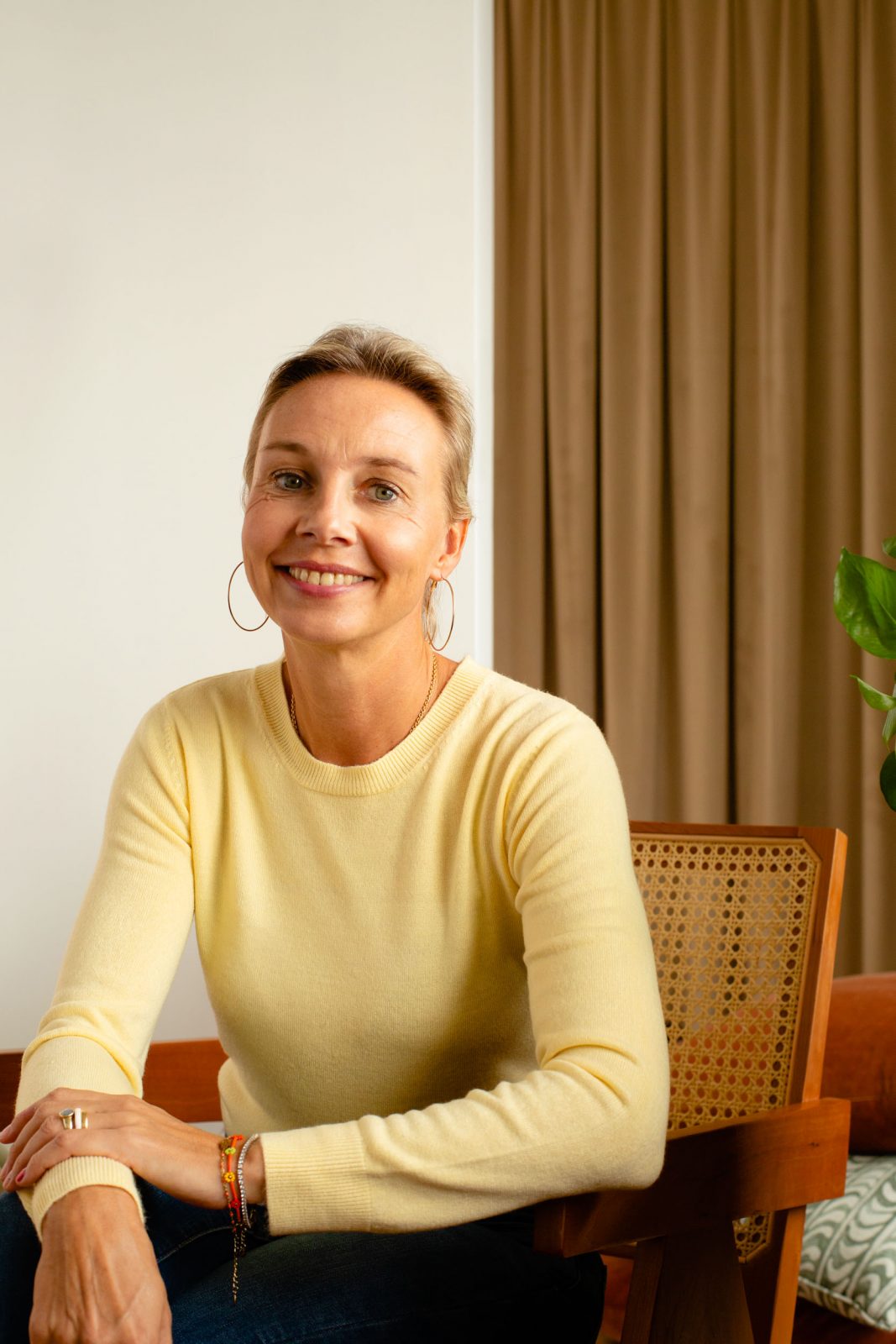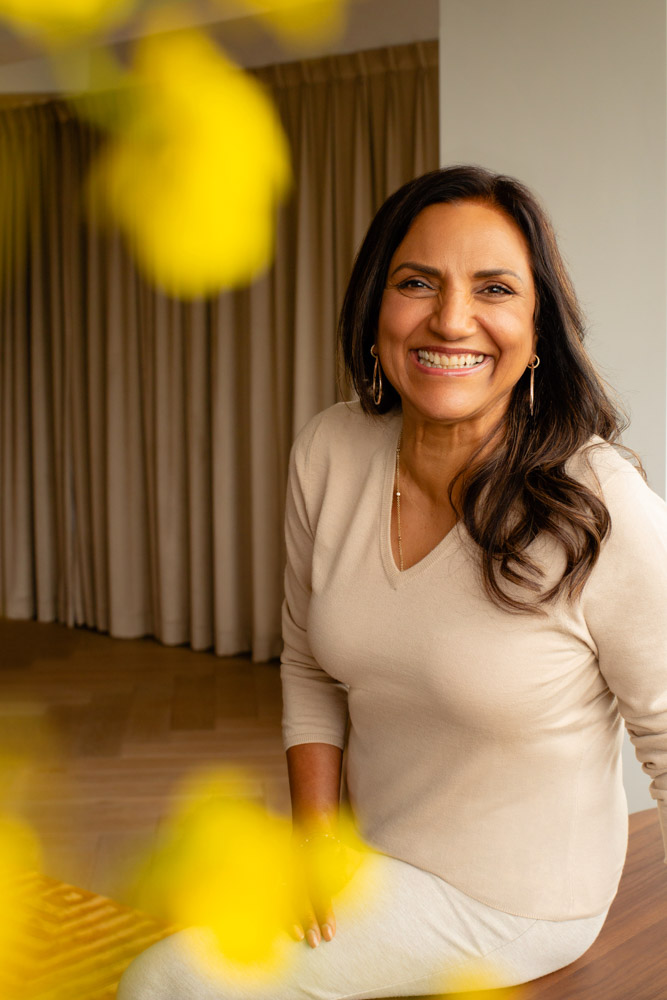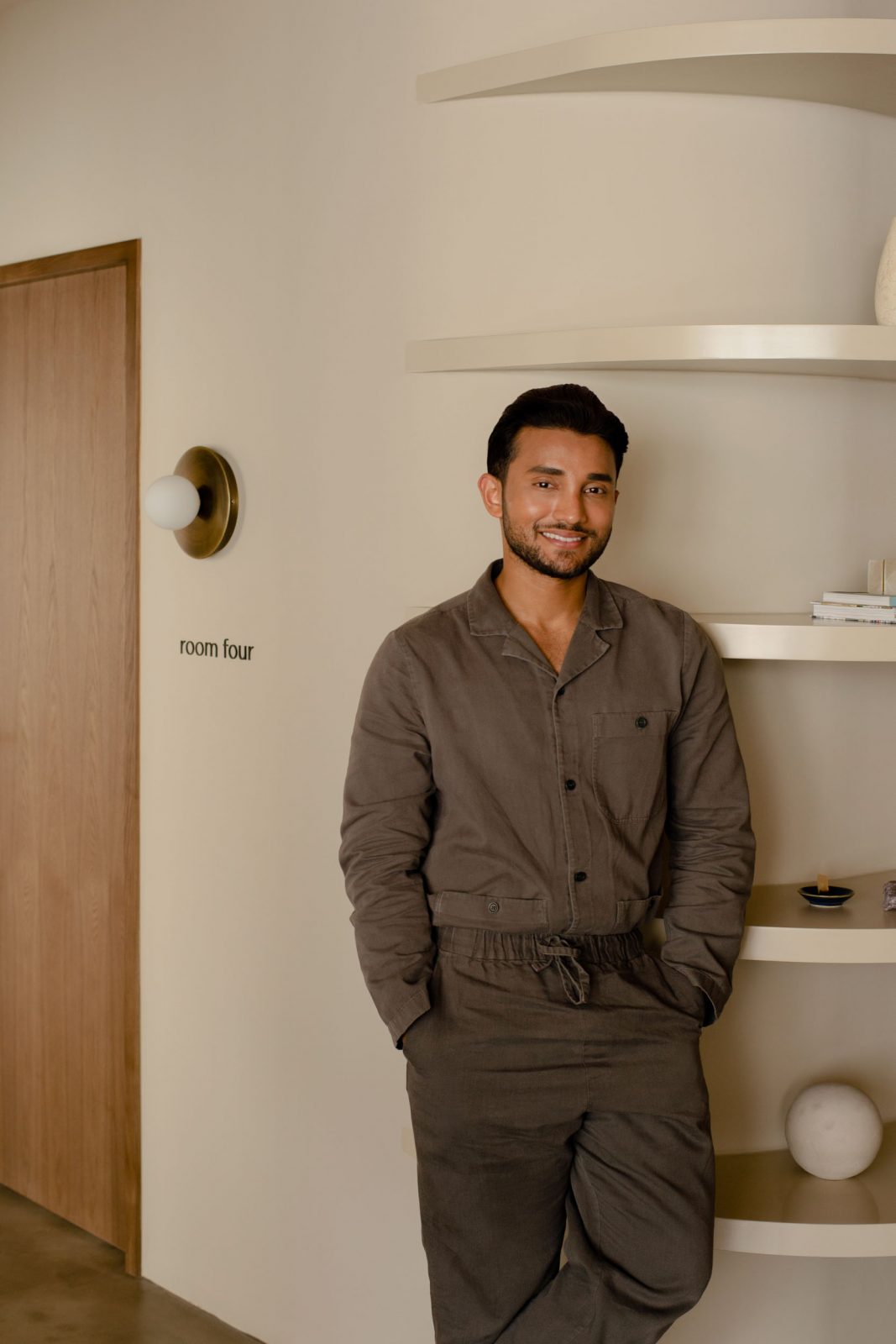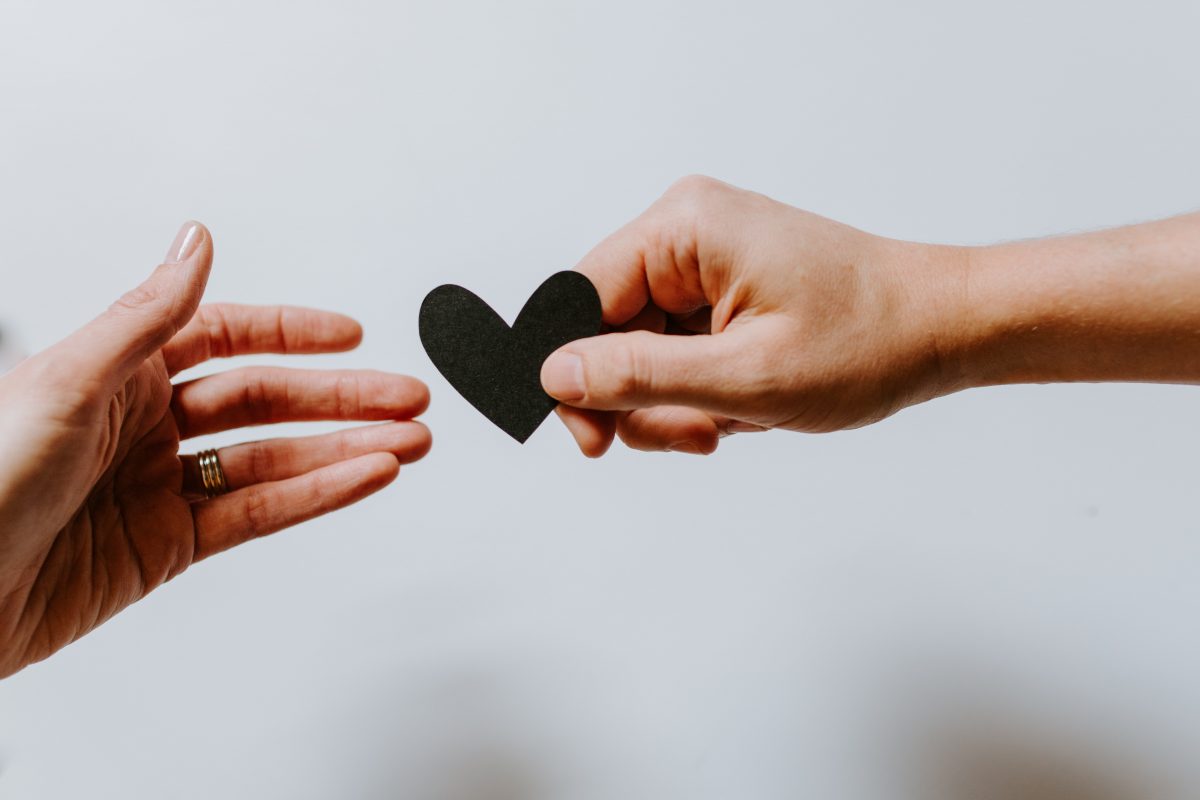If there’s one good thing that came out of the pandemic, it’s that mental health has finally become mainstream and a common topic of conversation. It wasn’t too long ago that admitting to mental health issues and/or seeing a counsellor or therapist meant that you were weak or unable to handle the stresses of everyday life, especially in Asia.
Nowadays, mental health is seen as something that everyone should pay attention to and work on, not unlike their physical health. The idea is, just as you would exercise your body to become fitter and stronger, our minds, too, deserve the same treatment.
Enter Mindish, a new holistic wellness centre in the heart of Central that offers integrated therapy and counselling, meditation and exclusive events for its “community of health and happiness.”
With stress and anxiety levels at all-time highs in Hong Kong thanks to the fifth wave (and all its fluctuating restrictions), we reached out to eight therapists at Mindish to get out their personal tips on how to cope:
Franziska von Kleist, Life Coach

Whenever I feel anxious, nervous or helpless, I connect with friends and family to share my innermost thoughts and worries. Being listened to is still my #1 remedy against anxiety, and in doing so, I often discover thoughts and ideas within me that can shift my mood from helpless to empowered.
My second tip for times like these is to avoid reading too much news, which tends to be negative. Instead, go for a walk, swim, yoga or meditation session to keep your mind positive!
Contact Franziska von Kleist here
Denise Tam, Nutritionist

Healthy food and lifestyle choices can carry us through stressful periods of life. During this fifth wave in Hong Kong, focus on foods with nutrients that will boost your immune system, such as Vitamin C in fruits and vegetables, zinc in nuts and seeds, as well as Vitamin D – preferably in the form of supplements due to poor conversion in the body.
Because SARS-CoV-2 creates an inflammatory response, try to decrease inflammation by avoiding sugars and processed foods whilst including more anti-inflammatory spices and herbs such as turmeric and ginger.
Contact Denise Tam here
See also: Covid-19 Positive? 6 Tips To Nourish Your Body & Recover Faster
Shelly Chutke, Counsellor

Thanks to the ongoing pandemic, chronic stress and isolation are two major risk factors for mental illness. The key is to shift the focus from what you can’t control to things that you can – these small differences can have a huge impact on your physical and emotional health.
Aside from seeking professional help and support for your mental health, consider implementing the following mood-boosting activities into your daily routine:
- Stay connected with family and friends during these tough times
- Take good care of your body and prioritise self-care, particularly sleep
- Nurture yourself by practicing mindfulness to stay in the present moment, eating a well-balanced diet and exercise
- Limit your time on social media and structure your days with routines and rituals
- Help others in need – you’ll feel better about yourself too!
Contact Shelly Chutke here
Katie Leung, Psychotherapist

Sometimes, stress and anxiety show up as a physical sensation but we aren’t really aware of where it’s coming from. These feelings can make us feel powerless and out of control. Instead, ask yourself what can be controlled and what’s in your power to do?
Think about the worst case scenario and instead of worrying, start preparing for it. This method helps you understand where the stress and anxiety is coming from and creates strategies instead to put you back in control again.
Contact Katie Leung here
Elena Kisel, Counsellor and Clinical Hypnotherapist

One effective strategy for tolerating distress is known as the ‘Urge Surfing’ technique. This practice is widely used in the treatment of addictions and helps people reduce or “ride out” difficult emotions before they become unbearable.
To start, imagine a surfer riding a wave of an urge. Waves can be strong and powerful, but eventually they fall. What makes anxiety and worry escalate is trying to avoid a thought or feeling, which often becomes even more intense and harder to tolerate. Instead, “urge surfing” can help you experience the feelings without judgement or pushing them away too soon.
Ultimately, experiencing the discomfort or uncertainty caused by the pandemic and not running away from it can be truly liberating.
Contact Elena Kisel here
Jerome de Clarens, Life Coach

To cope with stress, first externalise everything by writing down all the negative things you are experiencing at the moment. This is very important to become aware of and take responsibility for what is happening.
As a life coach, I always focus on moving forward and taking things positively, so now that we know what is going “wrong”, it’s time to move forward. Think about how you can restart the machine of positivity within you – are there things that you’ve always wanted to do but never did?
Now could be a great time to sharpen your three-month vision, including the professional and personal objectives you have in life. How will you feel once you have achieved these goals? By making a plan, you’ll know where you’re going, and that alone can change your entire perception of the current situation.
Contact Jerome de Clarens here
See also: 8 Eco-friendly Planners to Chart the New Year
Surj Bahra, Executive Coach

All the uncertainty about what will happen or not happen can cause feelings of frustration, anger, sadness and anxiety. We may not be able to control what is happening, but we can always choose our response. So, concentrate on things you can do:
- Take obvious precautions – wear masks, wash your hands, take your supplements, eat wisely, control how much you relax and sleep.
- Assess your consumption of social media and news and how this makes you feel – do you need to know everything?
- Get out into nature – you get your dose of Vitamin D and exercise to help with your mental and physical well being.
- Feel safe – this is different and very personal for everyone. If you feel uncomfortable in crowded spaces, then limit this.
- Practice mindfulness – stay in the present moment as much as you can. Worrying about what is currently happening, what may happen and what hasn’t yet happened is overwhelming. When this creeps up on you, concentrate on your breath. Breathe in, deeply and slowly into your belly and then breathe out slowly. Repeat this for 5-10 breaths to reset the mind and bring you to the present moment.
Contact Surj Bahra here
Hasanal Lythgoe-Zafrullah, Founder

There’s a lot of advice that one can give during this time, and I know that the brilliant therapists and coaches here at Mindish certainly have shared many crucial strategies and effective tips. I just have one word of advice here: acceptance.
There is no need – on top of everything else – to be anxious that we are anxious. Our emotions are no sign that our lives have gone wrong – merely that we are human. We should spare ourselves the burden of loneliness.
We are far from the only ones with this problem. We may suffer alone, but we can at least hold out our arms to our similarly afraid, uncertain, and above all else, anxious friends and family, as if to say, in the kindest way possible: ‘I see you…’
Contact Hasanal Lythgoe-Zafrullah here
Mindish, 15/F, 8 Wyndham St, Central, Hong Kong, +852 8191 2421
See also: Taking Care of Yourself & Others During The Pandemic
Sign up for the 8Shades weekly newsletter to get our top stories in your inbox!



